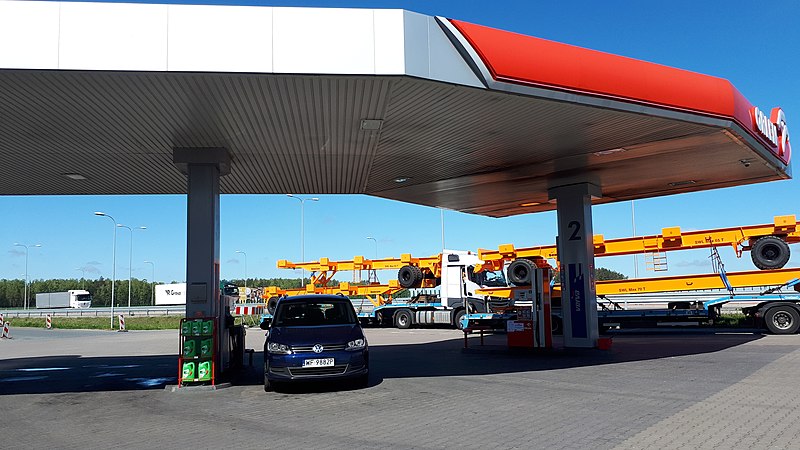
Poland's Justice Minister has taken a firm stance against the European Union's proposed ban on petrol and diesel cars, calling for the country's Constitutional Court to assess the legality of this
regulation. He also acknowledged the probability of the opposition forming the new government, following the loss of the ruling party's parliamentary majority in recent elections.
"The EU, in collaboration with the upcoming government, is attempting to strip the Polish people of their right to choose the vehicles they drive," stated Zbigniew Ziobro. He emphasized the potential dire consequences of such a ban on Poland, describing it as "armageddon," and declared that Poland could not accept this scenario.
Consequently, he has submitted a request to the Polish Constitutional Tribunal, emphasizing its duty to safeguard the interests of the Polish populace, to evaluate the compatibility of the European Council and European Parliament's regulation with the Polish constitution.
The regulation in question, approved by EU member states in March and now in force, calls for a ban on the sale of new petrol and diesel cars within the EU starting in 2035. Notably, Poland was the sole member state to vote against this regulation during the decision-making process.
Ziobro argues that the ban infringes upon several aspects of the Polish constitution, including the principle of unanimity in making such decisions. He stressed that EU treaties emphasize the necessity for states to decide together and act as a unified front in energy mix-related matters, which, in this case, was not observed.
He stated, "We will not consent to the making of such strategically important decisions for Poles over our heads...[and] violating the Polish constitution."
The Polish justice ministry contends that the EU ban contravenes three articles of Poland's constitution related to the common good, the rule of law, and sustainable development, by preventing the country from pursuing a sovereign energy policy.
Ziobro highlighted his consistent opposition to what he perceives as EU policies that jeopardize the fundamental interests and rights of the Polish people. He expressed concerns about the exclusion of those unable to afford electric vehicles from accessible transportation and the potential bankruptcy of numerous small and micro enterprises that employ over five million individuals in Poland.
The Constitutional Tribunal, Poland's highest constitutional court, is widely viewed as influenced by the government. Earlier this year, the EU initiated legal action against Poland, asserting that the tribunal had breached EU law by challenging its supremacy over Polish law.
Poland's current government, which has been in power since 2015, has frequently clashed with the EU on various issues, including environmental policies. In response to these disputes, the chairman of the ruling Law and Justice (PiS) party accused the EU of implementing "green communism."
In the recent parliamentary elections, PiS secured the most votes but lost its majority. While other parties have ruled out forming a coalition with PiS, an opposition coalition appears to be the most feasible option for establishing a new government. However, PiS leaders maintain that, in accordance with tradition, they should be granted the first opportunity to form a new government as the largest party in parliament.
Ziobro, who leads the Sovereign Poland (Suwerenna Polska) party and has collaborated with PiS since 2015, has diverged on several issues, especially those related to the EU, where his stance is notably more stringent than that of PiS. Photo by Rakoon, Wikimedia commons.



































